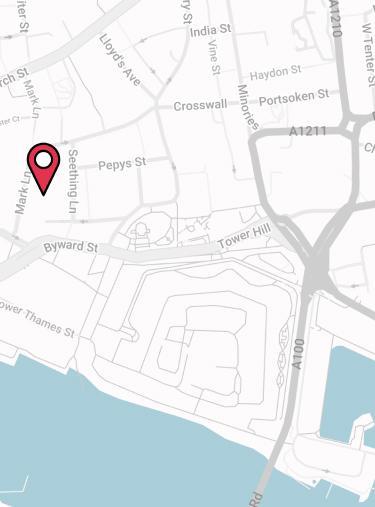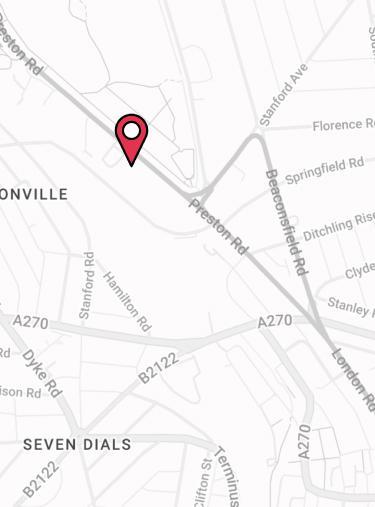What is Total and Permanent Disability?
Total and Permanent Disability is one of around 35 specific medical conditions covered on a critical illness plan. It means that the plan would payout if you are ‘totally and permanently’ unable to work due to sickness or injury. In other words, you were to suffer an irreversible and life changing disability that prevents you from working. Claims for TDP represent around 3 per cent of all claims on critical illness policies and of those 3 per cent around 55 per cent are rejected for not meeting the definition of being totally and permanent disabled (source: ABI). Payout rates on critical illness plans are usually over 90 per cent with most insurers so this very low payout rate for the TPD section highlights a general lack of consumer understanding as to what TPD actually covers.
Definition of Total Permanent Disability
- Own Occupation Total Permanent Disability - TPD can be offered on an ‘own occupation’ basis for low risk workers. This means that the plan could payout if you are totally and permanently unable to work in your own job due to sickness or injury;
- Suited Occupation Total Permanent Disability - This means that the plan could payout if you are totally and permanently unable to work due to sickness or injury in an occupation for which you are suited given your skills and experience;
- Any Occupation Total Permanent Disability - This means that the plan could payout if you are totally and permanently unable to work due to sickness or injury in any occupation whatsoever;
- Functional Assessment Tests Definition – With this definition the plan would payout if you were permanently unable to carry out a number of Functional Assessment Tests without the help of another person (sometimes known as a ‘Work Tasks’ definition).
Naturally, an ‘own occupation’ definition is the most comprehensive form of cover as it means that you would be covered in your exact job.
Examples of TPD Claims
A classic example is if a surgeon was to permanently lose the use of one of his hands, thus preventing him from carrying out operations. Without TPD cover the surgeon would be unable to make a critical illness claim as none of the other ‘critical illness definitions’ would cover this medical condition. Another example may relate to the development of a psychological disorder such as severe depression, which would not be covered by any other critical illness condition. With regards to the use of ‘own’ versus ‘any’ occupation, a possible example would be a dancer who had a fall and permanently damaged their back, meaning that they could no longer dance again. With an own occupation TPD definition they would be covered but with an any occupation definition they would not be covered if they were still well enough to undertake another job. This is just an example because it is very unlikely that a dancer would be offered own occupation cover in the first place given their high risk job.
TPD – Just One Critical Illness Condition
It is important to note that total and permanent disablement is only one of around 35 conditions covered under a critical illness plan. Other conditions do not relate to whether you are unable to continue working or not, payouts result from the diagnosis of a specific condition. The vast majority of claims on critical illness policies are for cancer, heart attack and stroke. Some confusion often relates to becoming paralysed and whether a claim can be made on a critical illness plan and how this relates to TPD. Naturally, if you were to become paralysed you would most likely be unable to continue working on a permanent basis so a TPD claim would normally be valid. However, a claim would not need to be made under TPD as all leading critical illness plans would cover paralysis as a separate condition (i.e. paralysis is usually one of the 35 conditions covered). For more information please an article by the Financial Ombudsman Service (FOS).
- Topics
- Mortgage Insurance
Contact Us
125-135 Preston Road
Brighton
BN1 6AF
Cookies
Drewberry™ uses cookies to offer you the best experience online. By continuing to use our website you agree to the use of cookies including for ad personalization.
If you would like to know more about cookies and how to manage them please view our privacy & cookie policy.









